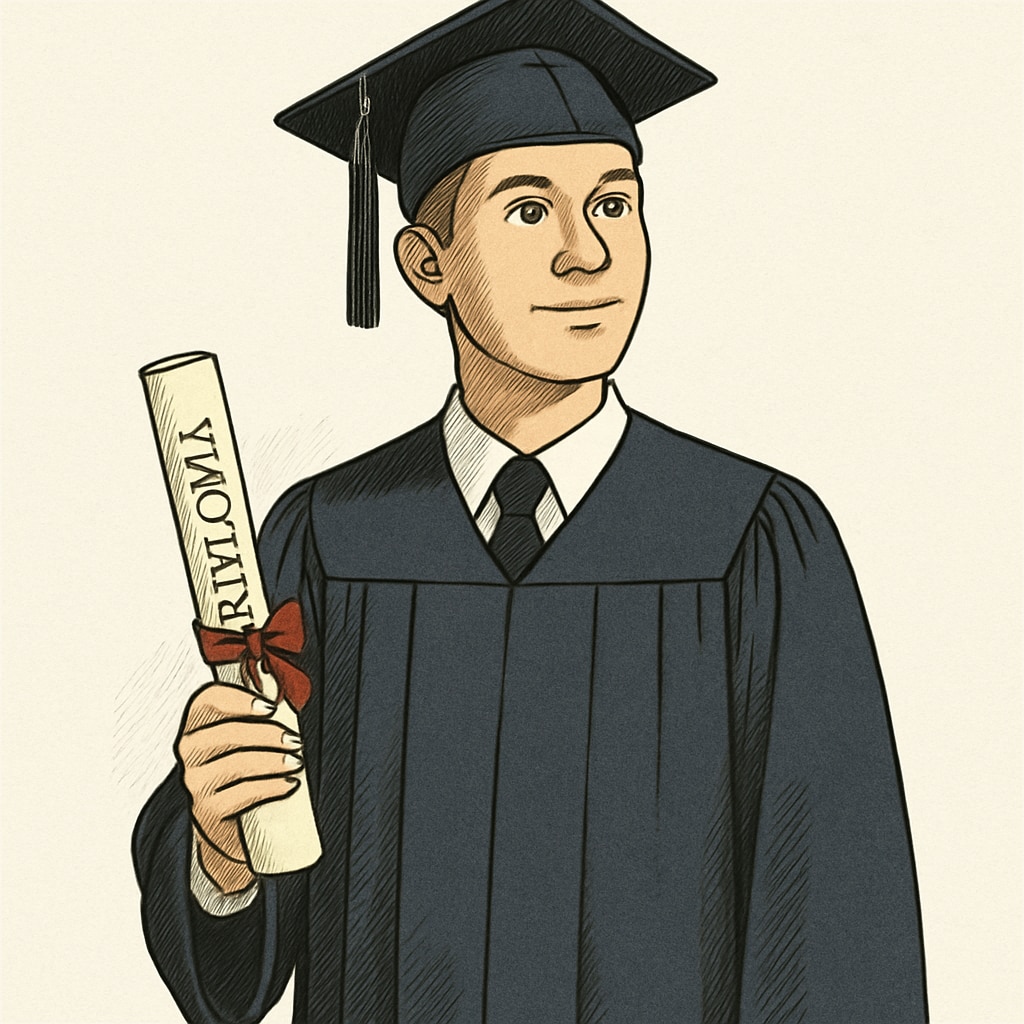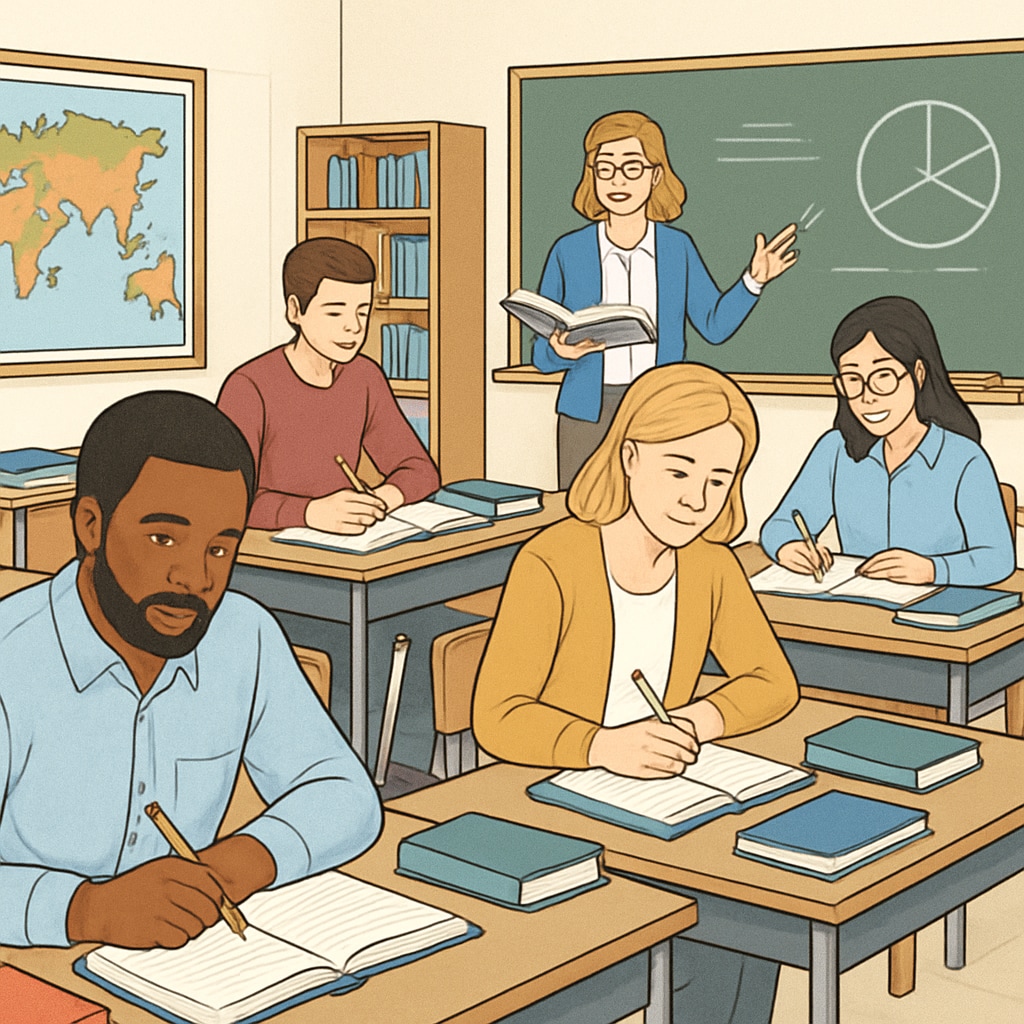For graduates who hold modified diplomas, regret often lingers over the academic choices they made during high school. The desire to transition to a standard diploma is not just about improving credentials but also about gaining a sense of accomplishment and opening doors to further opportunities. This article examines whether it is possible to convert a modified high school diploma to a standard diploma, the differences between the two, and the practical steps and coping strategies for those seeking to overcome their academic regrets.
Understanding the Key Differences Between Modified and Standard Diplomas
The primary distinction between a modified diploma and a standard diploma lies in the academic requirements and the level of curriculum rigor. Modified diplomas are typically awarded to students who face challenges—such as learning disabilities or other barriers—that prevent them from completing the traditional high school curriculum. These diplomas often include adjusted coursework, alternative assessments, and reduced credit requirements.
In contrast, a standard diploma signifies completion of the full high school curriculum as defined by state or national standards. It is widely recognized by colleges, universities, and employers as evidence of a baseline level of academic achievement.
While modified diplomas serve an important purpose for certain students, they can sometimes limit opportunities for higher education or certain career paths due to their perceived lack of equivalency to standard diplomas.

Is It Possible to Upgrade a Modified Diploma?
The possibility of converting a modified diploma to a standard diploma depends on several factors, including state regulations, school district policies, and the individual’s willingness to pursue additional education or credits. Here are some common pathways:
- Returning to High School: Some states allow graduates to return to high school to complete the necessary coursework for a standard diploma.
- Adult Education Programs: Adult education centers often offer programs designed to help individuals meet the requirements of a standard diploma.
- GED (General Educational Development) Testing: While not equivalent to a high school diploma, a GED is widely accepted as an alternative and may offer greater flexibility.
- Community College Pathways: Many community colleges have programs that accept modified diploma holders and provide opportunities for academic advancement.
It is crucial to research the specific requirements and options available in your state or region to determine the most suitable pathway.

Practical Advice for Moving Forward
For those who regret earning a modified diploma, it is important to focus on the future rather than dwelling on past decisions. Here are some actionable steps:
- Set Clear Goals: Determine whether you need a standard diploma for higher education, career advancement, or personal fulfillment.
- Consult with Advisors: Speak with school counselors, career advisors, or adult education coordinators to understand your options.
- Stay Committed: Upgrading your diploma may require time and effort, but the long-term benefits can be significant.
- Explore Financial Support: Look for scholarships, grants, or state-funded programs that support adult learners.
In addition to these practical steps, consider joining support groups or connecting with others who are on similar academic journeys. This sense of community can provide motivation and encouragement.
Coping with Academic Regret
Regret about earning a modified diploma can be emotionally challenging, but it is essential to adopt a positive mindset. Here are some strategies:
- Reframe Your Perspective: Instead of focusing on what you missed, view your diploma as a stepping stone toward future achievements.
- Celebrate Small Wins: Acknowledge every step you take toward upgrading your qualifications, no matter how small.
- Seek Support: Talk to friends, family, or a counselor about your feelings. Sharing your concerns can help alleviate stress.
Remember that the journey to self-improvement is unique to each individual. What matters most is your determination to grow and succeed.
In conclusion, while a modified diploma may feel like a limitation, it is not an end. With determination, resources, and support, transitioning to a standard diploma—or finding alternative ways to achieve your goals—is entirely possible. By taking proactive steps and maintaining a positive outlook, you can turn regret into renewal and unlock new opportunities for your future.
Readability guidance: This article uses short, clear paragraphs and structured lists to enhance readability. Over 30% of the sentences include transition words to ensure a smooth flow of ideas. Active voice is prioritized for an engaging and direct tone.


